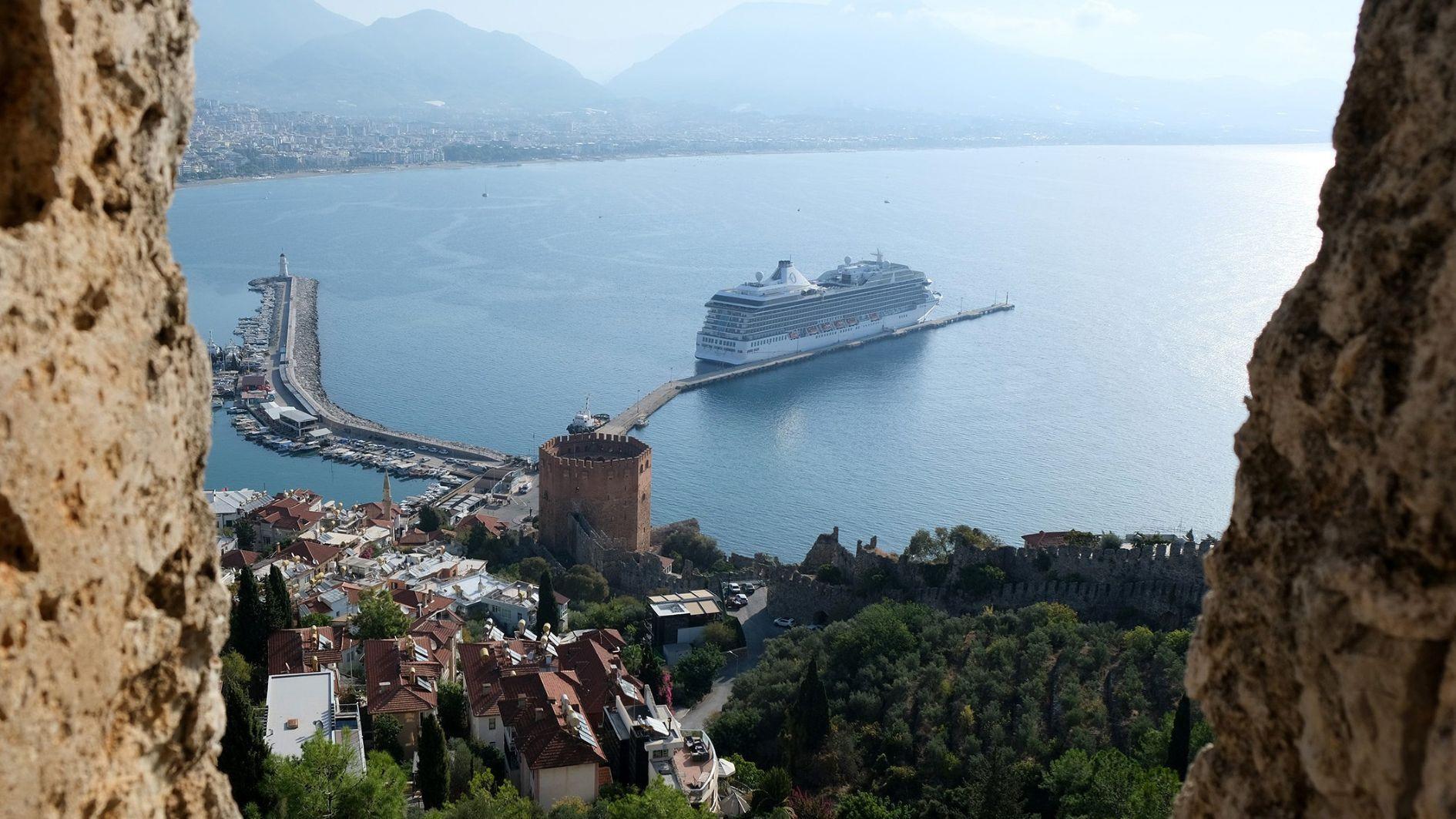Tourism sector remains confident in meeting $63 bln target
ISTANBUL

After a sluggish start to the year, Türkiye’s tourism industry has regained momentum and is on track to meet its ambitious $63 billion revenue target for 2025, according to Turkish Tourism Investors Association (TTYD) Chair Oya Narin.
Narin noted that the sector began the year strongly but was briefly slowed by global challenges, including the ongoing conflict between Russia and Ukraine. By June, however, the industry had bounced back, with a sharp recovery evident in the second and third quarters.
From January to August, Türkiye welcomed 35.5 million foreign visitors, a slight 0.9 percent dip compared to the previous year. When including Turkish citizens residing abroad, the total arrivals reached 40.45 million in the first eight months of 2025. Revenues, meanwhile, surged 7.6 percent year-on-year, climbing to $25.8 billion in the first half of the year.
“Last year, tourism revenues stood at $61 billion. This year, we expect them to reach around $63 billion, in line with the government’s medium-term program,” Narin said.
“Over the past decade, while global tourism expanded by about 40 percent, Türkiye’s sector grew by nearly 90 percent. This is a remarkable achievement we take pride in,” she added.
Looking ahead, Narin emphasized that the industry is already preparing for 2026, with contracts being finalized a year in advance.
She highlighted the pivotal role of Istanbul and Antalya, describing both as “world cities” that have become magnets for international travelers.
Antalya, once a modest coastal destination, has transformed into a Mediterranean powerhouse with over 600,000 beds and world-class infrastructure.
Narin also underscored the importance of diversifying tourism offerings. Cappadocia, with its iconic hot-air balloons and unique landscapes, has become a must-see for international visitors, often combined with trips to Istanbul and Bodrum, according to Nation. “Cappadocia is a world wonder,” she said, stressing the need to maintain quality tourism while preserving its growing accommodation capacity.
European travelers remain a cornerstone of Türkiye’s tourism market, with many visiting multiple times a year, she said.
Narin stressed the importance of offering attractive packages to sustain this demand. She also pointed to the growing strength of domestic tourism, which she described as one of the country’s greatest advantages.
“Global tourism will continue to grow, and we must be ready with the right infrastructure, human resources and financing models,” Narin said.
“Türkiye now ranks fourth among global tourism markets. To remain in the top five, we must continue working hand in hand with the government, the Ministry and industry stakeholders,” she added.















